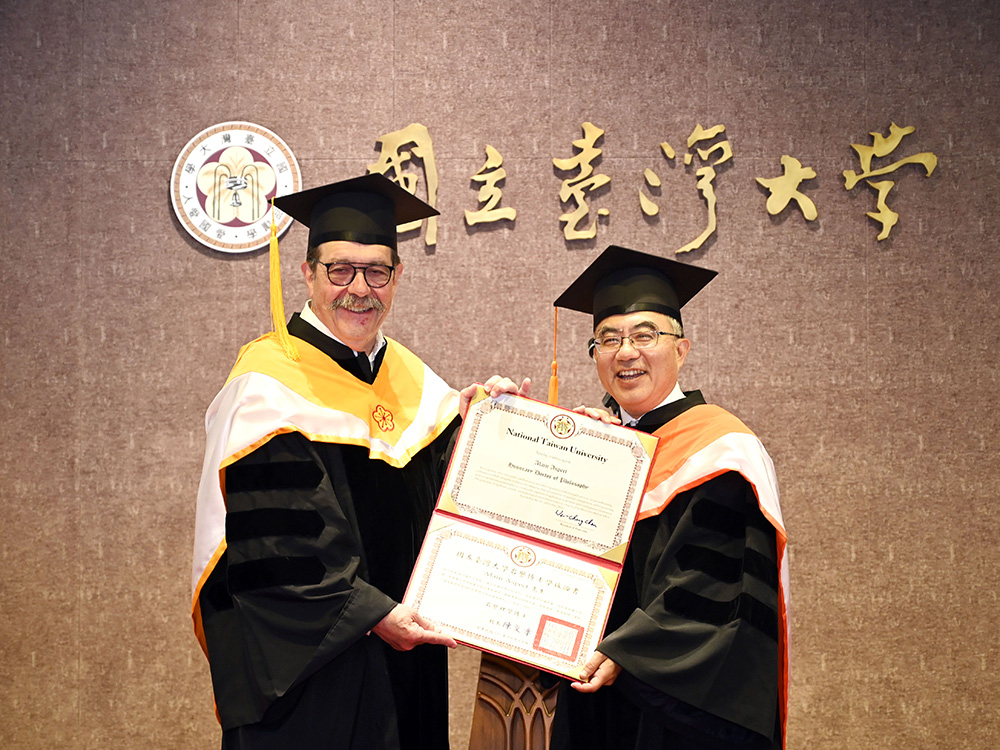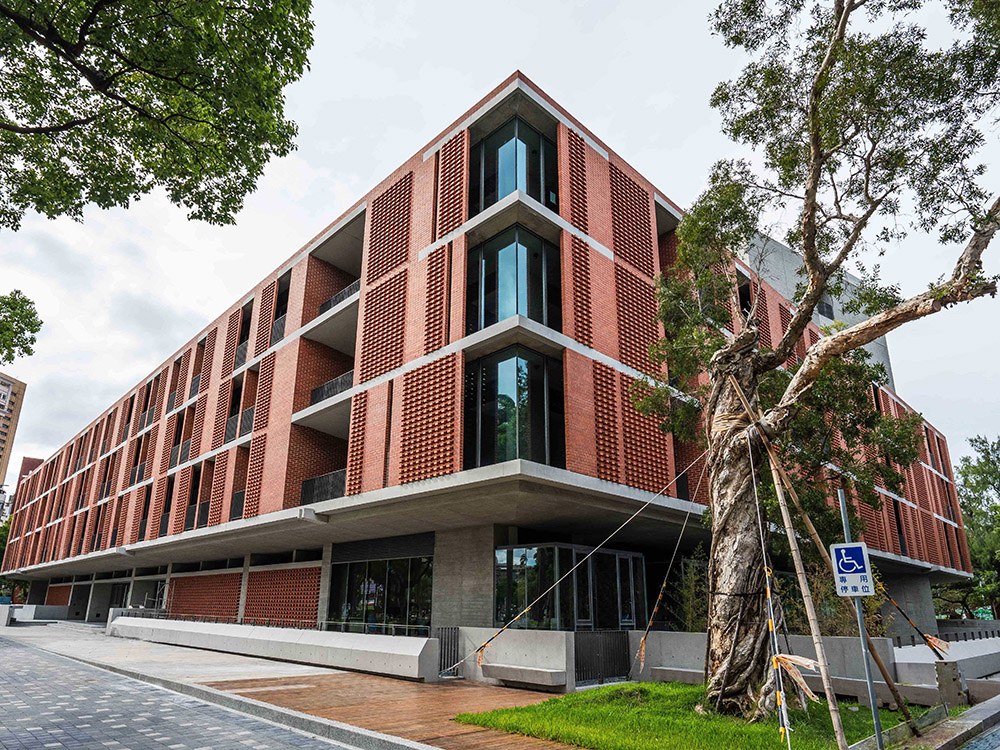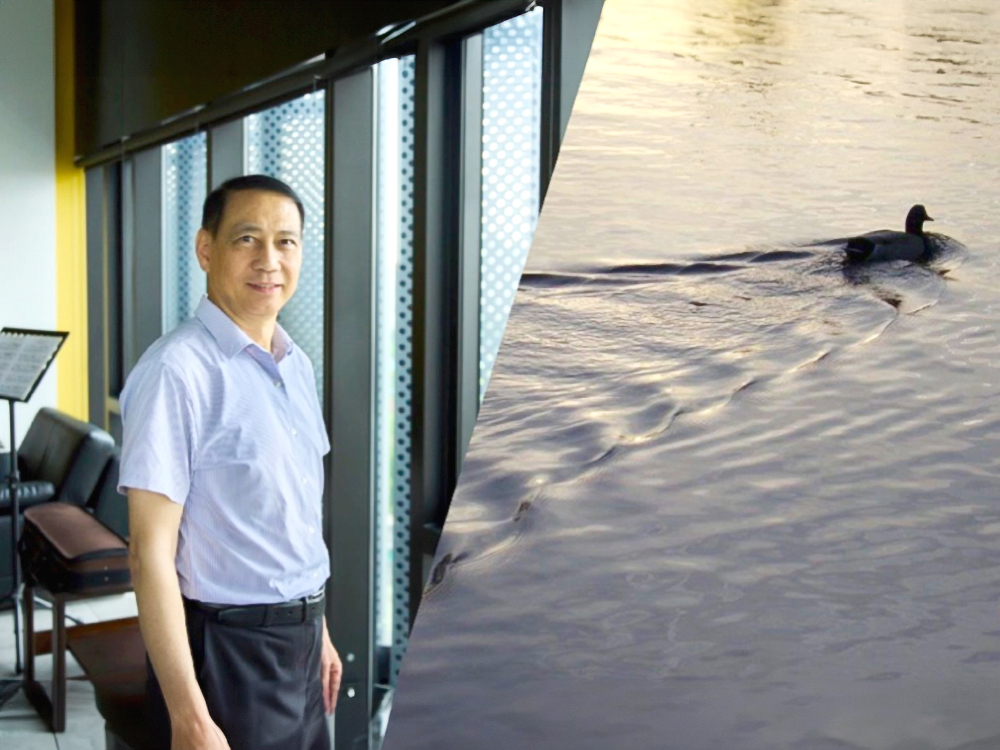
NTU celebrates its 96th Anniversary
瀏覽器版本過舊,或未開啟 javascript
請更新瀏覽器或啟用 javascript
Spotlights
Figure 1: Changes in the effective reproduction number under different combinations of case-based interventions (R_c).
Changes in notified number of cases of severe influenza with complications from 2018 to 2020.
Projected epidemic curves under different intervention scenarios.
Taiwan is one of the few countries with initial success in COVID-19 control without strict lockdown or school closure. However, Taiwan has not yet achieved herd immunity as its vaccination program began relatively late compared to other countries. This underlines the need for the continuous implementation of current interventions, such as border restrictions, quarantine, and social distancing, but such interventions bear considerable economic and social burdens in the long run. Therefore, to prepare for a long, hard fight against any future development of the pandemic, the effectiveness of different interventions needs to be fully elucidated.
For this purpose, Professor Hsien-Ho Lin (林先和) and his research team from National Taiwan University’s College of Public Health joined hands with Epidemic Intelligence Center (EIC) of Taiwan Centers for Disease Control (CDC) to study the transmission dynamics of COVID-19 in Taiwan and evaluate the effectiveness of associated interventions. This comparative effectiveness study used a stochastic branching process model which utilized the COVID-19 epidemic data of 158 confirmed cases from Taiwan in 2020. The study found that an estimated 55% of the transmission events occurred during the presymptomatic stage, and the average incubation period and serial interval were both around 5 to 6 days.
According to the analysis, the reproduction number of COVID-19 cases (the number of secondary cases generated by one primary case) without any intervening measures was estimated to be 2.50. When only case-based interventions (case detection, contact tracing, and 14-day quarantine of close contacts) were implemented, the reproduction number was estimated to decrease by 39% from 2.50 to 1.53. Meanwhile, voluntary population-based interventions (social distancing and facial masking), if used alone, were estimated to have reduced the reproduction number by 48% to 1.30. A parallel trend of reduction in Taiwan’s severe influenza cases was also observed under the population-based COVID-19 interventions: the reproduction number of severe influenza cases plummeted to a new low in one month after the first COVID-19 case was confirmed on January 21, 2021 in Taiwan. It was inferred that the outbreak of COVID-19 and its corresponding measures, including the public’s voluntary facial masking, had contributed to the reduction in severe influenza cases.
The study found that the independent use of case-based or population-based COVID-19 interventions could only reduce the reproduction number to 1.53 and 1.30 respectively, which would be insufficient for epidemic control (requiring a reproduction number of less than 1). As a result, Taiwan would likely still see at least 30,000 or 400 new cases on the 60th day of a potential outbreak. However, when combined case-based and population-based interventions, the reproduction number was estimated to fall to 0.85, where there would only be 1.7 new cases on the 60th day and zero case on the 84th day of a potential outbreak.
This study shows that it is the combination of case-based interventions undertaken diligently by the government and population-based interventions supported by the public that has brought Taiwan the initial success of controlling the COVID-19 pandemic. Facing the unpredictability posed by the variants of SARS-CoV-2, it is important for public health professionals and the general public to continuously work together to ensure long-term success even when Taiwan is fully vaccinated.
The electronic version of the full dissertation was published online in April 2021. It has been formally published on JAMA Internal Medicine in July 2021.

NTU celebrates its 96th Anniversary

Prof. Tung-Wu Lu elected US National Academy of Kinesiology Fellow

Nobel Laureate Alain Aspect awarded “NTU Honorary Doctorate” and “Raymond Soong Chair Professorship of Distinguished Research”

Newly constructed NTU Humanities Building wins Golden Stone Award

Prof. Pisin Chen Wins 2024 Chandrasekhar Prize
Current Spotlights

NTU celebrates its 96th Anniversary

Prof. Tung-Wu Lu elected US National Academy of Kinesiology Fellow

Nobel Laureate Alain Aspect awarded “NTU Honorary Doctorate” and “Raymond Soong Chair Professorship of Distinguished Research”

Newly constructed NTU Humanities Building wins Golden Stone Award

Prof. Pisin Chen Wins 2024 Chandrasekhar Prize